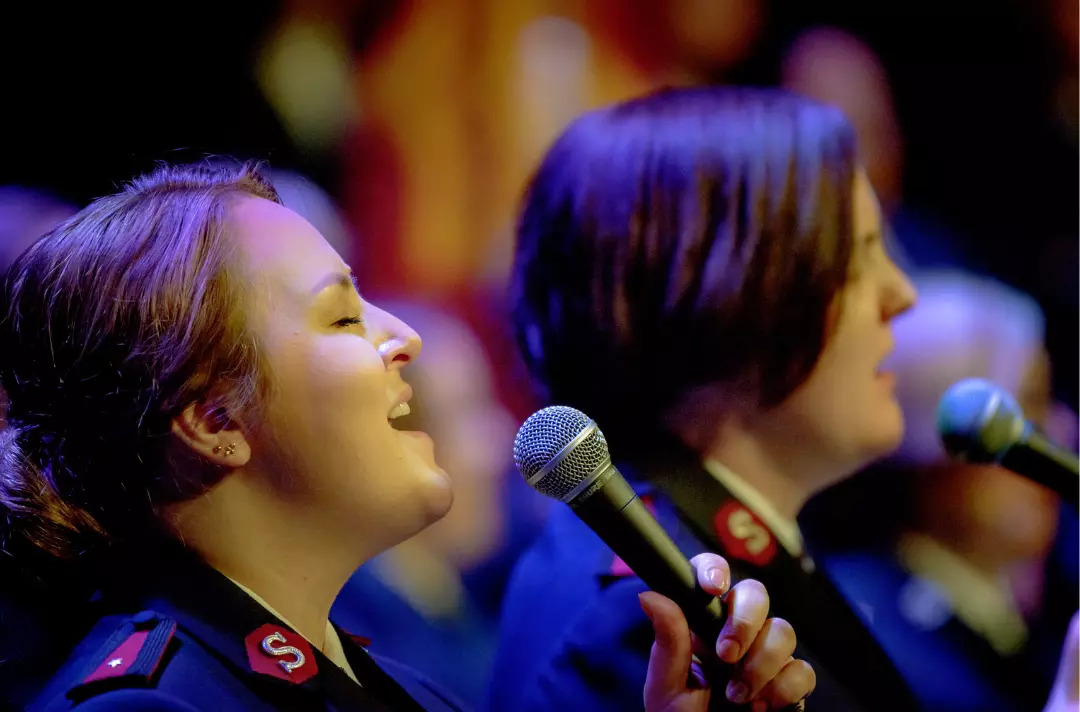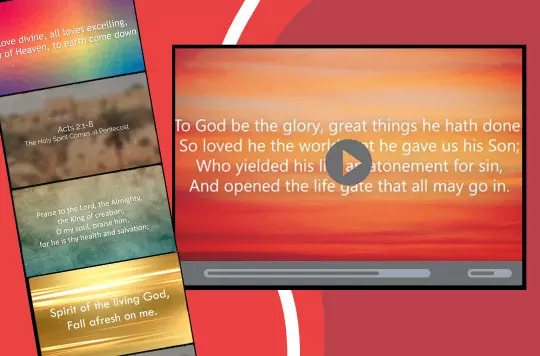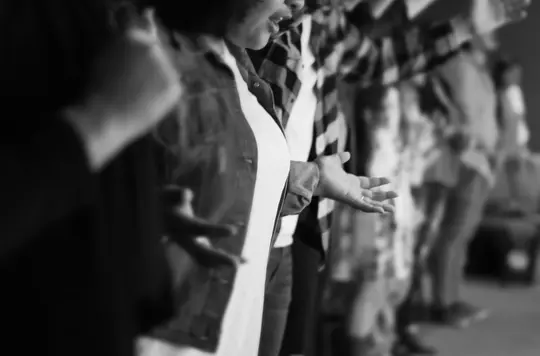5 October 2023
The why of worship
Captain Callum McKenna

Captain Callum McKenna encourages us to consider how worship helps us share the gospel.
There’s a story of a newly married couple who were preparing their first traditional roast beef dinner together. When the husband cut off the ends of the roast before putting it in the oven, his wife was perplexed and asked why. ‘That’s how my mum always did it,’ he answered.
A few weeks later, they visited his mum, who also cut off the ends of the roast before putting it in the oven. When they asked why, she replied, ‘That’s how my dad always did it.’ Later that year, they visited the husband’s grandfather, and asked why he cut off the ends of the roast. ‘Because it wouldn’t fit in the oven!’ he explained.
As generations pass, it can become easy to fall into the habit of doing things without understanding why – and, when we lose sight of why, our actions lose some of their meaning.
Upon his – perhaps reluctant – arrival in London in 1865, William Booth was moved by two plights he encountered. The first was abject poverty, as thousands of people crammed into the slums of the East End. The second was that Christianity appeared to make absolutely no difference to their lives.
In 1868, Booth published a piece of research in which he argued that in Bethnal Green – an area in the East End with a population of 180,000 – only 2,000 people attended church on a Sunday morning, while about 20,000 attended public houses.
This reality incensed him and Booth was scathing of the churches of the day for practising their worship in ways that failed to connect with working-class culture. Booth’s overwhelming theological conviction was that salvation was boundless and that, as such, the church urgently needed to find ways to relate to those who were not engaging with its established means and methods.
In other words, for Booth, the priority was missional effectiveness rather than maintaining established practices. If the ‘smells and bells’ of middle-class Anglicanism didn’t float the boats of the masses who were drowning in a sea of poverty, vice and ignorance, then Booth was all for dispensing with them. This is partly why early Salvationists held worship in skating rinks, dance halls, theatres – sites of working-class culture – instead of churches and chapels. It’s why they ditched hymns and organs and replaced them with popular instruments and songs set to the tunes of secular music – try singing ‘here’s to rum and whisky, drink them down, drink them down’ to the tune we associate with ‘Storm the Forts of Darkness’ and you’ll know what I mean.
This principle of adapting methods and means to communicate effectively in different cultural settings is a New Testament missional principle. All throughout the Book of Acts, we see the first apostles learning to speak new languages – both linguistically and culturally – to express the gospel.
The challenge for the contemporary Salvation Army comes as we consider the question: In what ways does our worshipping life today connect with those in our surrounding communities? It’s easy, with the passing of time, for the ‘stuff’ of our worship – songs, instruments, style – to become the thing that we hold on to tightly, without realising it’s no longer connecting with the people we’re trying to reach. The principle of early Salvationism is that ‘mission matters most’ – when it comes to the style of worship, at least. While we could discuss this statement much further, it gives us a nudge to be prepared to let go of our own preferences in worship for the greater missional good.
Think back to your church service last Sunday. What aspects might have connected well – or not so well – with people to whom Christianity currently makes no sense?
- Based on an article originally published on salvationist.ca and saworshipmagazine.com.
Written by

Captain Callum McKenna
Mission and Ministry Formation Co-ordinator, William Booth College
Discover more

Inspiring others to realise the potential that music and creative arts can have in expressing who we are and who God is.

A collection of videos to use in worship services including congregational songs, key date worship videos and videos from other territories.

Celebrate Founders' Day – the birthday of The Salvation Army – with guest speaker Captain Callum McKenna.
